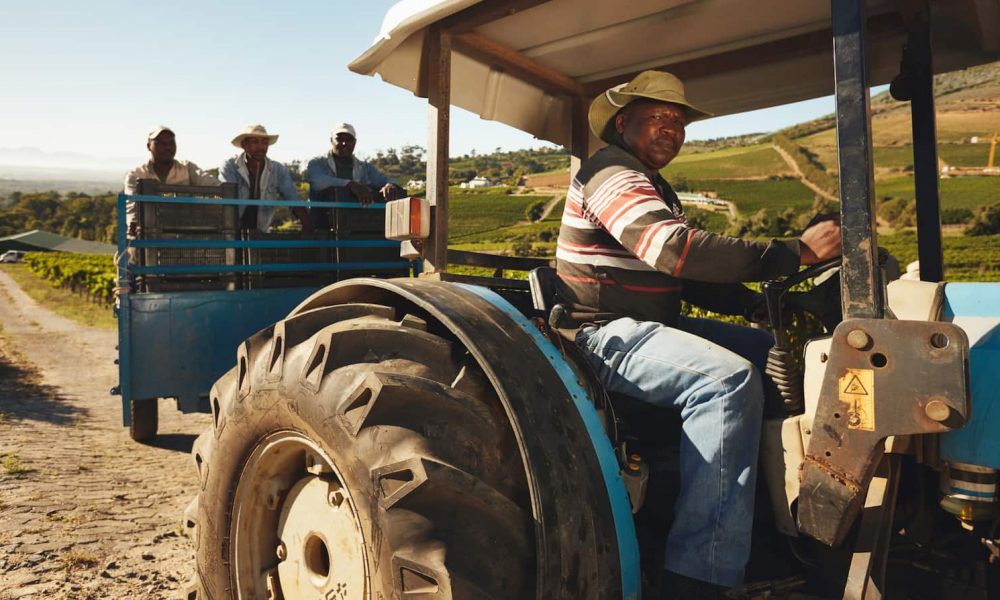Milwaukee U.S. District Judge William Griesbach has paused the loan forgiveness program for people of color by temporarily suspending funding.
What We Know:
- The loan forgiveness program is targeted at Black, American Indian, Hispanic, Asian American, and Pacific Islander farmers. The farmers can receive up to 120% of guaranteed or direct farm loan balances. This program was established by President Joe Biden’s administration as a part of his COVID-19 relief plan.
- Griesbach’s reason for pausing the program is due to a lawsuit that is claiming the program is discriminating against white farmers since they are ineligible to apply for the loan. On April, 12 midwestern farmers from areas like Ohio, South Dakota, Minnesota, and Wisconsin sued the government to violate their constitutional rights. They are asking the U.S. Department of Agriculture to stop adding racial classifications when dictating who can receive the loan. The USDA is reviewing the Midwestern farmers’ claims.
- Farmers of color have been overlooked for decades by being denied government assistance. Lack of government assistance has made it hard for farmers of color to own land, purchase necessary equipment, make investments, and support their loved ones. Black farmers sued the USDA in 1999 and 2010 for discrimination and the federal agency settled in both instances. Due to a history of discrimination and financial limitations, there has been a decrease in Black farmers in the U.S., from almost one million in 1920 to about 45,000 today.
- Over 400 years ago, Black people in America did not have any rights, let alone ownership of property. They were stripped from their loved ones and sold to the highest bidder, forced to work for their new “masters.” This went on from the earlier 1600s to 1865, when the last group of slaves in Texas were freed after the Civil War. We now commemorate this day with the ceremonial holiday Juneteenth (June 19th).
- Even after slavery ended, Black people still had to fight for their right to own their own land. Freed slaves were forced into sharecropping arrangements with white plantation owners to make a living. Because of these arrangements, there was a lack of government support for Black farmers, which has continued into the 20th century. Today’s farmers of color remain at the bottom of the list as a priority for government funding.
- Last year, Former President Donald Trump’s administration gave close to $10 billion to farmers through the Coronavirus Food Assistance Program. White farmers were given almost $7 billion in payments, while Latino farmers were given $100 million, and Black farmers were only given $15 million. This distinct difference in payments has caused farmers of color to have doubts about the USDA going through with any future federal assistance programs.
Sen. Raphael Warnock (D-GA) stated, “these folks have been disappointed time and time again, that deep distrust was built over years. It didn’t happen overnight…It’s not going to be resolved overnight, but the best thing we can do right now is to deliver the [relief program].”
Sen. Cory Booker (D-NJ) and Rep. Bobby Rush (D-IL) have asked the USDA to consider the race and gender of farmers receiving federal aid. Under their bill, the Farm Subsidy Transparency Act, farmers would have to inform them of their farm loans, crop insurance, farm subsidies, and any funding from the conservation and forestry and/or the Coronavirus Food Assistance program.

